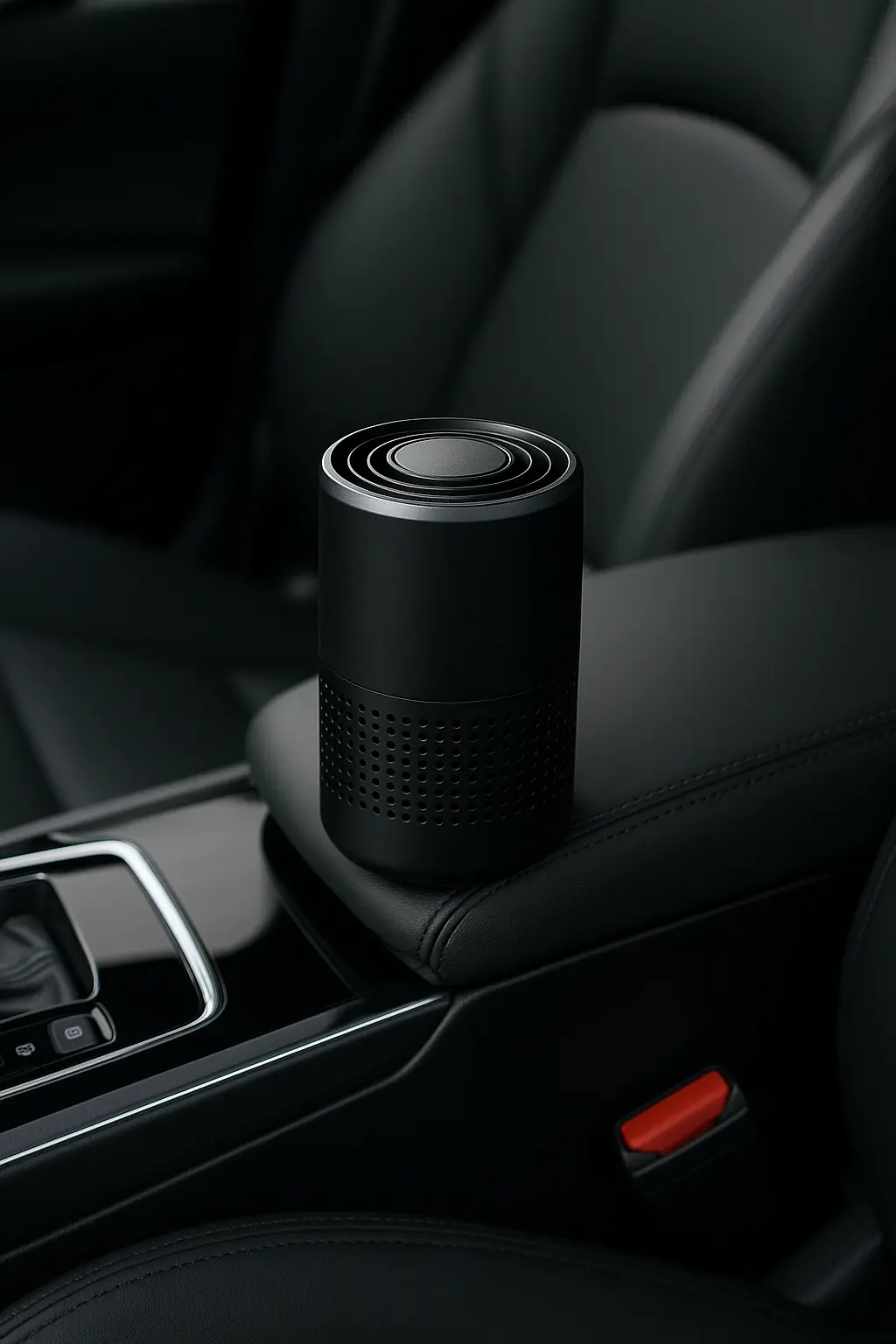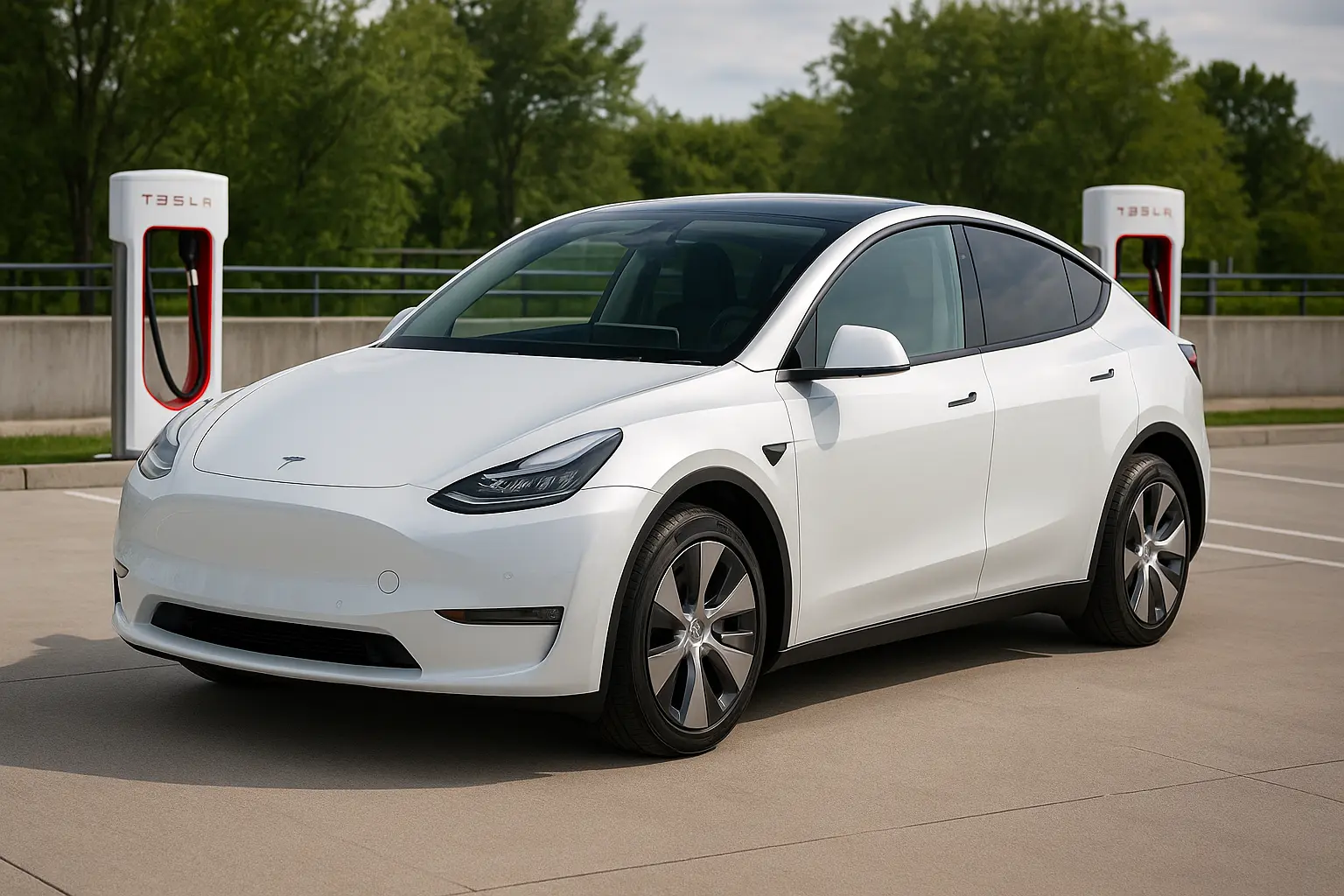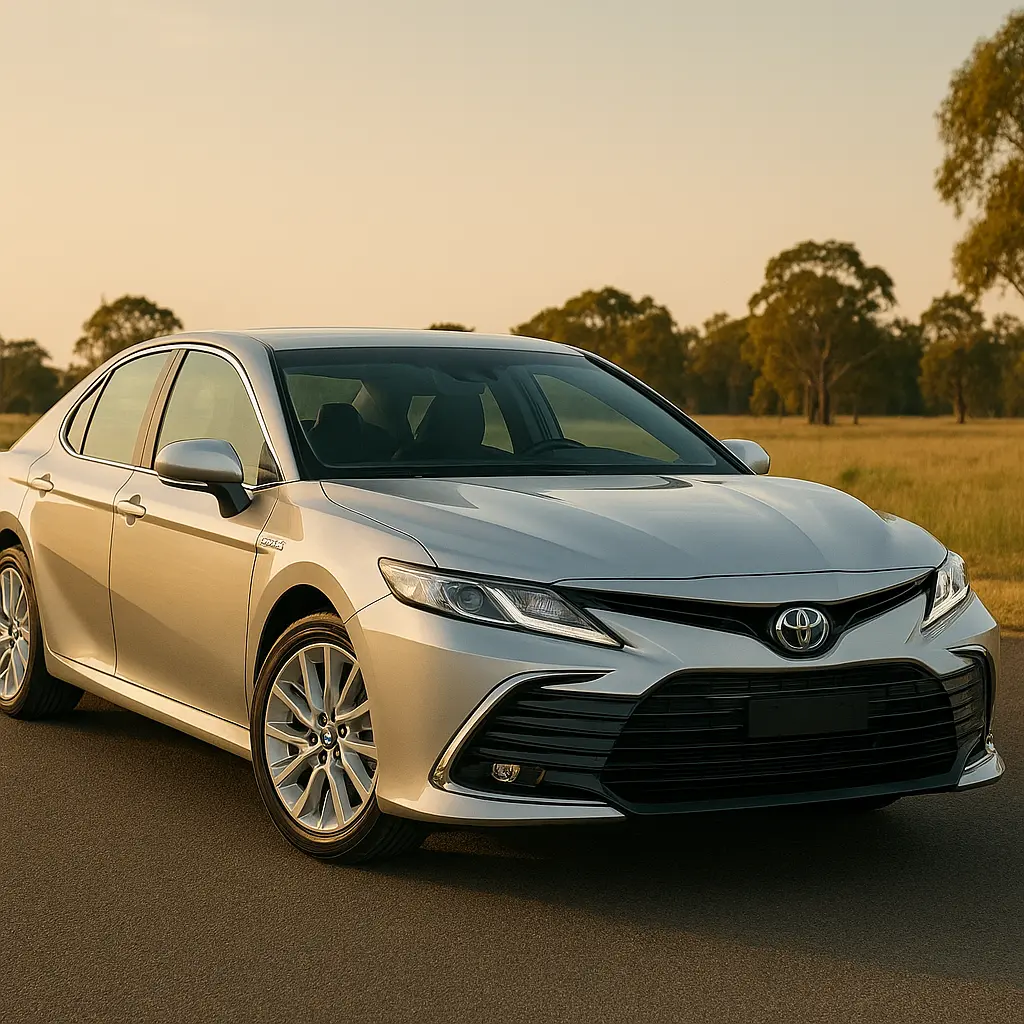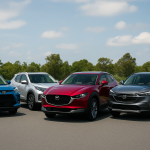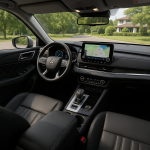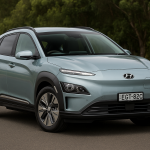The Best Car Air Purifiers You Can Get in 2025
As we become increasingly aware of environmental pollutants and allergens, clean air is no longer just a household priority—it’s becoming essential inside your car too. Whether you commute daily through traffic-heavy roads or travel long distances with kids and pets, an effective car air purifier can significantly enhance your cabin experience.
In this 2025 guide, we’ll explore the best car air purifiers in Australia, explain how they work, what to look for when buying one, and review top-rated models available right now.
Why Car Air Purifiers Matter in 2025
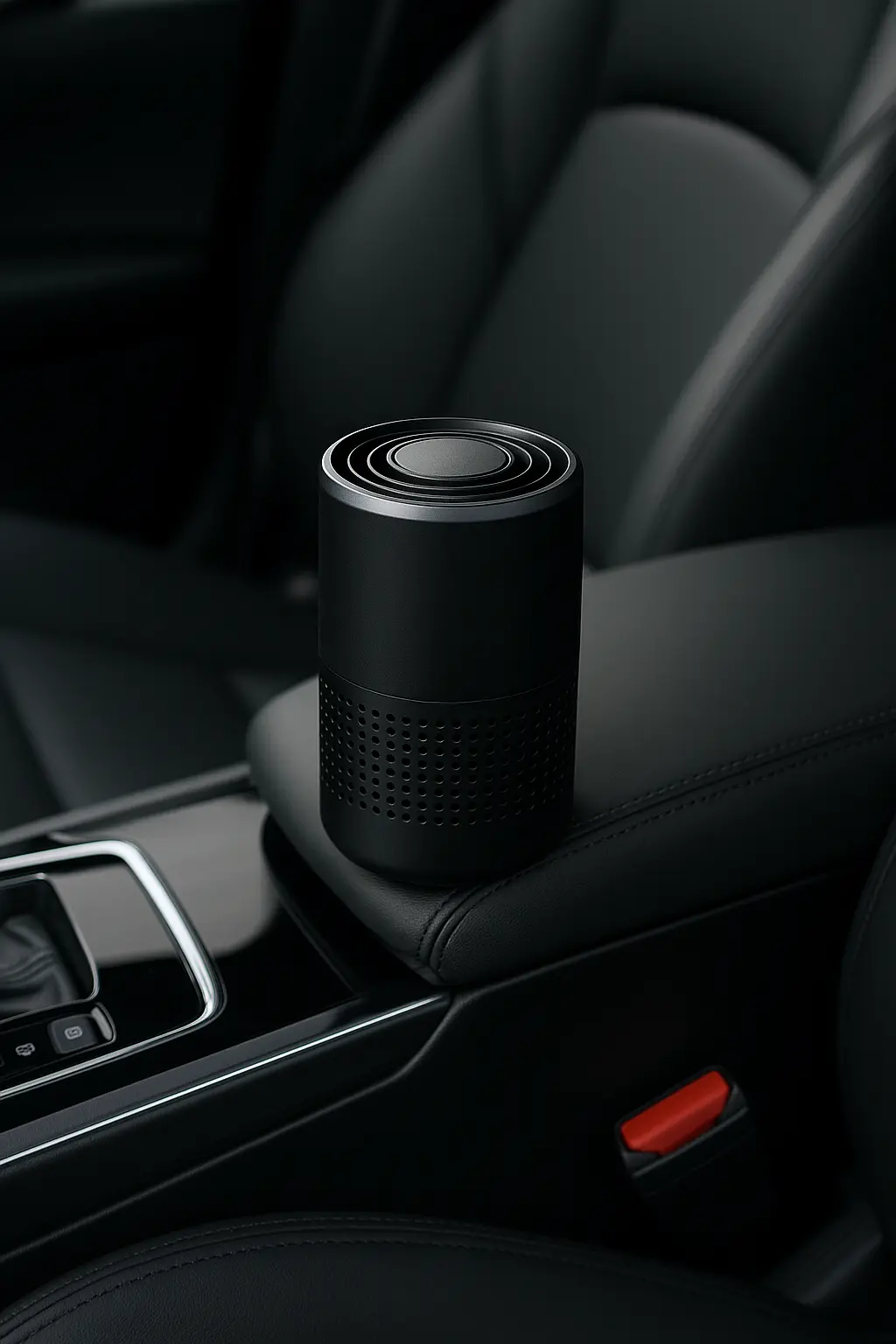
1. Rising Air Pollution in Cities
With traffic congestion and bushfire smoke still affecting major Aussie cities like Sydney, Melbourne, and Brisbane, cabin air can be laden with dust, exhaust fumes, pollen, and even bacteria.
2. Healthier Cabin Experience
A good car air purifier removes:
- Dust and particulate matter (PM2.5 and PM10)
- Pollen and allergens
- Smoke and harmful gases (like NO2 and CO)
- Odours from pets, food, and upholstery
- Airborne viruses and bacteria
3. Protects Vulnerable Passengers
Children, elderly people, and those with respiratory conditions like asthma benefit significantly from purified in-car air.
Types of Car Air Purifiers
There are several categories of in-car air purifiers available in 2025:
1. HEPA Filter Purifiers
These are best for removing dust, pollen, and fine particles. High-Efficiency Particulate Air (HEPA) filters can remove 99.97% of airborne contaminants.
2. Activated Carbon Purifiers
These focus on removing odours and harmful gases using charcoal-based filters.
3. Ionisers / Negative Ion Generators
These release negative ions to attract airborne particles, which then settle out of the air.
4. Hybrid Purifiers
Modern purifiers often combine HEPA, activated carbon, and ionisation for maximum purification.
What to Look for in a Car Air Purifier in 2025
✅ Compact Design
It should fit in your car’s cup holder or mount onto your dashboard without obstruction.
✅ CADR (Clean Air Delivery Rate)
A higher CADR indicates faster and more efficient air cleaning.
✅ Filter Type and Life
Go for HEPA + Activated Carbon filters. Look for purifiers with long-lasting and replaceable filters.
✅ Noise Level
Ideally under 40dB—quiet enough not to disturb your ride.
✅ Power Source
USB or 12V plug options are ideal. Some advanced models offer battery power or solar options.
✅ Air Quality Sensor
Premium models auto-adjust fan speed based on real-time air quality readings.
✅ Ozone-Free
Avoid cheap ionisers that emit ozone, which can be harmful in enclosed spaces.
Top Car Air Purifiers in Australia 2025
Here are our editor’s picks for the best car air purifiers available this year:
1. Philips GoPure Style GP5611
Best For: All-round performance with real-time air quality monitoring
Price: ~$199 AUD
- Features: HEPA + Carbon filter, PM2.5 sensor, 3-stage purification, filter life indicator
- Pros: Stylish design, auto mode, tested for virus filtration
- Cons: Slightly bulky for smaller cars
2. Luft Cube Portable Air Purifier
Best For: Design-conscious buyers and small cars
Price: ~$149 AUD
- Features: Filterless ionising purification, USB-powered, 360° air intake
- Pros: No filter replacements needed, ultra-compact
- Cons: Not as effective against odours
3. Sharp Plasmacluster IG-GC2B
Best For: Smoke and pet odours
Price: ~$179 AUD
- Features: Plasmacluster ion tech, quiet operation, deodorising power
- Pros: Perfect for smokers and pet owners
- Cons: Requires periodic cartridge changes
4. Blueair Cabin P1
Best For: Luxury vehicles and family SUVs
Price: ~$299 AUD
- Features: True HEPA + carbon filters, whisper-quiet fan, auto mode
- Pros: Premium quality, tested for car environments
- Cons: Premium price tag
5. Baseus Car Air Purifier Pro
Best For: Budget-conscious drivers
Price: ~$89 AUD
- Features: HEPA filter, dual fan, USB-C power
- Pros: Affordable, decent filter life
- Cons: No air quality sensor or auto-adjust
Best Car Air Purifiers for Specific Needs
🚙 For Families:
- Blueair Cabin P1: Ideal for cleaning air in larger vehicles like 7-seaters or SUVs.
- Philips GoPure GP5611: Excellent for all-around usage with reliable air quality readings.
🐾 For Pet Owners:
- Sharp Plasmacluster IG-GC2B: Specialised deodorising function great for pet smells.
🚬 For Smokers:
- Baseus Car Air Purifier Pro: Budget-friendly and good at handling cigarette smoke.
🌿 For Allergy Sufferers:
- Philips GoPure or Blueair Cabin: Both offer true HEPA performance for PM2.5 and allergens.
How to Install and Use a Car Air Purifier
- Choose a placement: Cup holder, dashboard, or headrest area.
- Connect power: Use a USB or 12V cigarette lighter socket.
- Replace filters: Every 3–6 months depending on model usage.
- Keep windows closed: For maximum purification.
- Vacuum regularly: Reduces interior dust and extends filter life.
Tips to Maintain Good In-Car Air Quality
- Avoid idling in heavy traffic with windows down
- Change your cabin air filter regularly
- Vacuum seats and mats weekly
- Avoid strong in-car fragrances that mask bad odours
- Don’t smoke inside the vehicle
Are Built-in Car Purifiers Worth It?
Many 2025 luxury models like the Hyundai Ioniq 6, Genesis GV60, and BMW iX offer integrated air purification systems. These often include:
- PM2.5 particulate sensors
- HEPA-grade air recirculation filters
- Ionisers or UV-C light
However, for most drivers, a quality standalone purifier offers similar benefits at a fraction of the cost.
Trends in In-Car Air Quality Tech – 2025
- Smart Air Purifiers: Bluetooth-enabled units that sync with your phone
- Solar-powered devices: For sustainability-conscious drivers
- Built-in dashboard sensors: Now common in EVs and hybrids
- Voice-controlled air settings: Integrated with Google Assistant or Alexa
- Ozone-free ionisers: A shift toward safer ion-based purification
Final Verdict: Our Top Picks
| Need | Recommended Model | Why? |
|---|---|---|
| Best Overall | Philips GoPure GP5611 | Auto sensors + solid HEPA tech |
| Best Budget | Baseus Car Air Purifier Pro | Under $100, good performance |
| Best for SUVs | Blueair Cabin P1 | Large capacity, low noise |
| Best for Pets | Sharp Plasmacluster | Strong deodorisation |
| No Filters Needed | Luft Cube | No maintenance, stylish design |
Conclusion
A car air purifier isn’t just a fancy gadget—it’s a worthwhile investment in your health, comfort, and long-term vehicle maintenance. With so many models available in 2025, Aussies now have great options to combat pollution, allergens, smoke, and everyday odours inside their cars.
Whether you're a rideshare driver, a parent, or a weekend adventurer, breathing clean cabin air is something you—and your passengers—deserve.
Leave a comment
Your email address will not be published. Required fields are marked *


